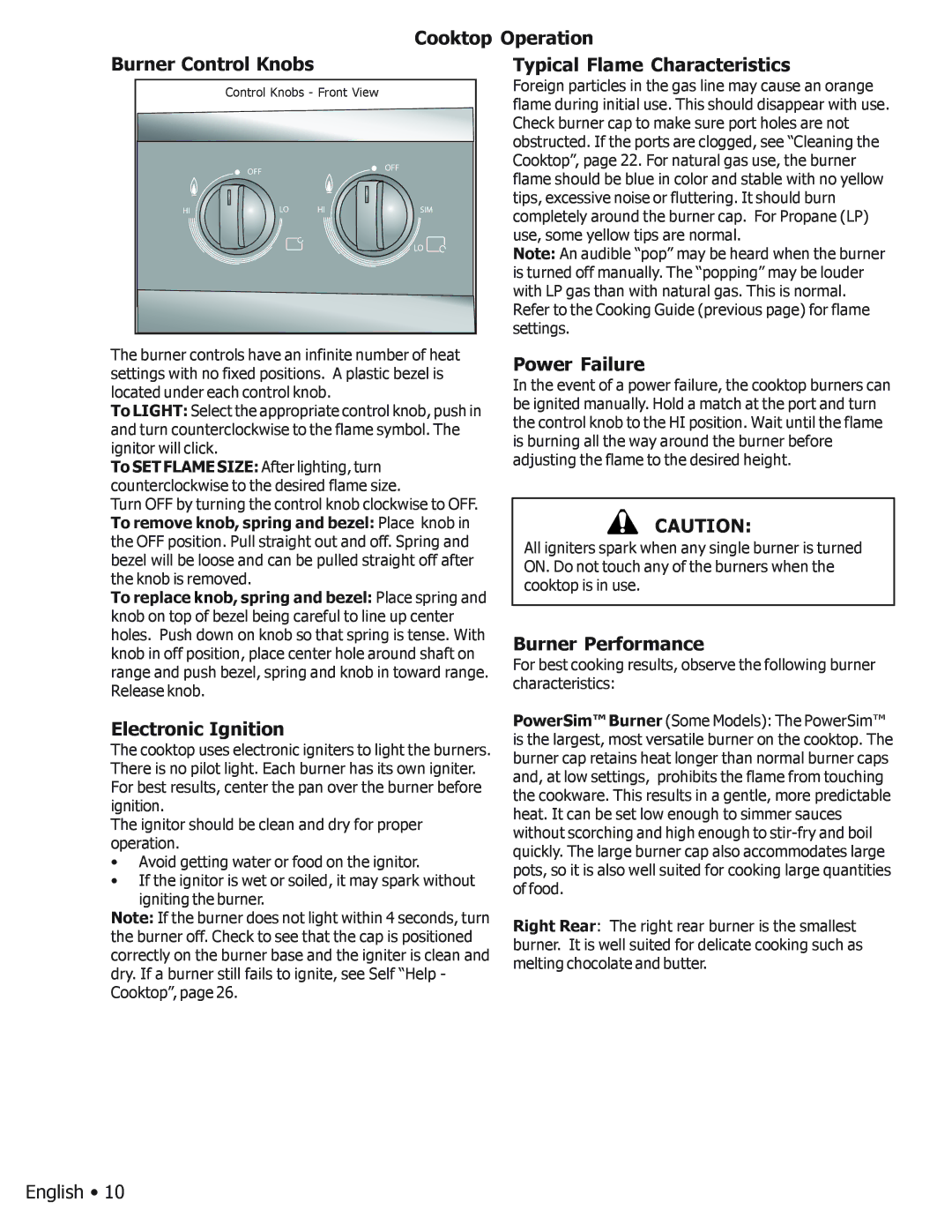BOSCH GAS FREE-STANDING CONVECTION RANGE specifications
The Bosch Gas Free-Standing Convection Range combines modern design with exceptional cooking performance, making it a standout choice for both avid home chefs and everyday cooks. This versatile appliance not only enhances the aesthetics of your kitchen but also delivers professional-quality results.At the heart of the Bosch Gas Convection Range is its powerful convection cooking technology. This feature promotes even heat distribution throughout the oven cavity, ensuring that your dishes are cooked uniformly. By circulating hot air, convection cooking significantly reduces cooking times while enhancing flavor and moisture retention, making it ideal for baking, roasting, and broiling.
Another defining characteristic of this range is its high-performance gas burners. With multiple burner configurations, including a powerful dual-flame burner, chefs can achieve precise temperature control for simmering sauces, boiling pasta, or searing meats. The range includes a range of BTU outputs to accommodate various cooking needs, from delicate tasks to high-heat cooking.
One of the standout features of the Bosch Gas Free-Standing Range is its intuitive controls and ergonomic design. The sleek, stainless steel finish exudes modern elegance, while the user-friendly control knobs and digital display make operation simple and straightforward. The oven's large window allows you to monitor your cooking progress without opening the door, maintaining the optimal temperature inside.
For those who prioritize convenience, the Bosch range boasts a self-cleaning option, making maintenance a breeze. The oven's interior is designed to withstand high temperatures, ensuring that burnt food residues are easily burned away, allowing for hassle-free cleanup.
Safety features are also paramount in the Bosch Gas Range. Equipped with a flame failure safety device, the range ensures that the gas supply is cut off automatically if the flame goes out, providing peace of mind during cooking.
In conclusion, the Bosch Gas Free-Standing Convection Range is an elegant and efficient addition to any kitchen. With its superior convection technology, high-performance burners, intuitive design, and robust safety features, this range makes cooking a pleasurable and hassle-free experience. Whether you are an everyday cook or a culinary enthusiast, the Bosch Gas Range delivers extraordinary results that will elevate your culinary creations.

